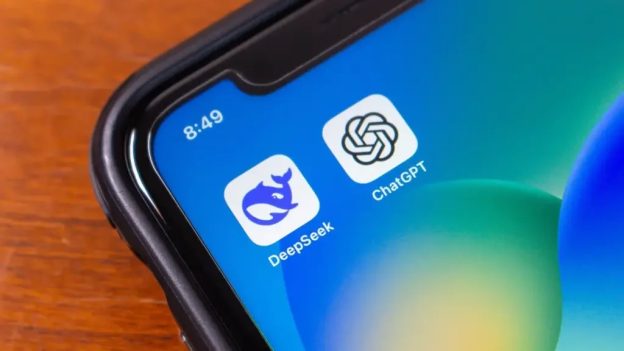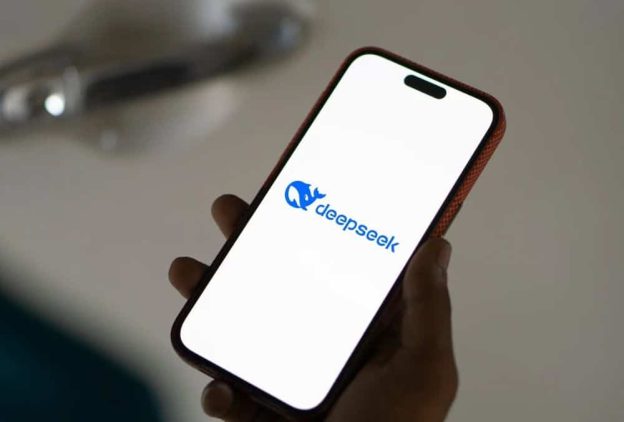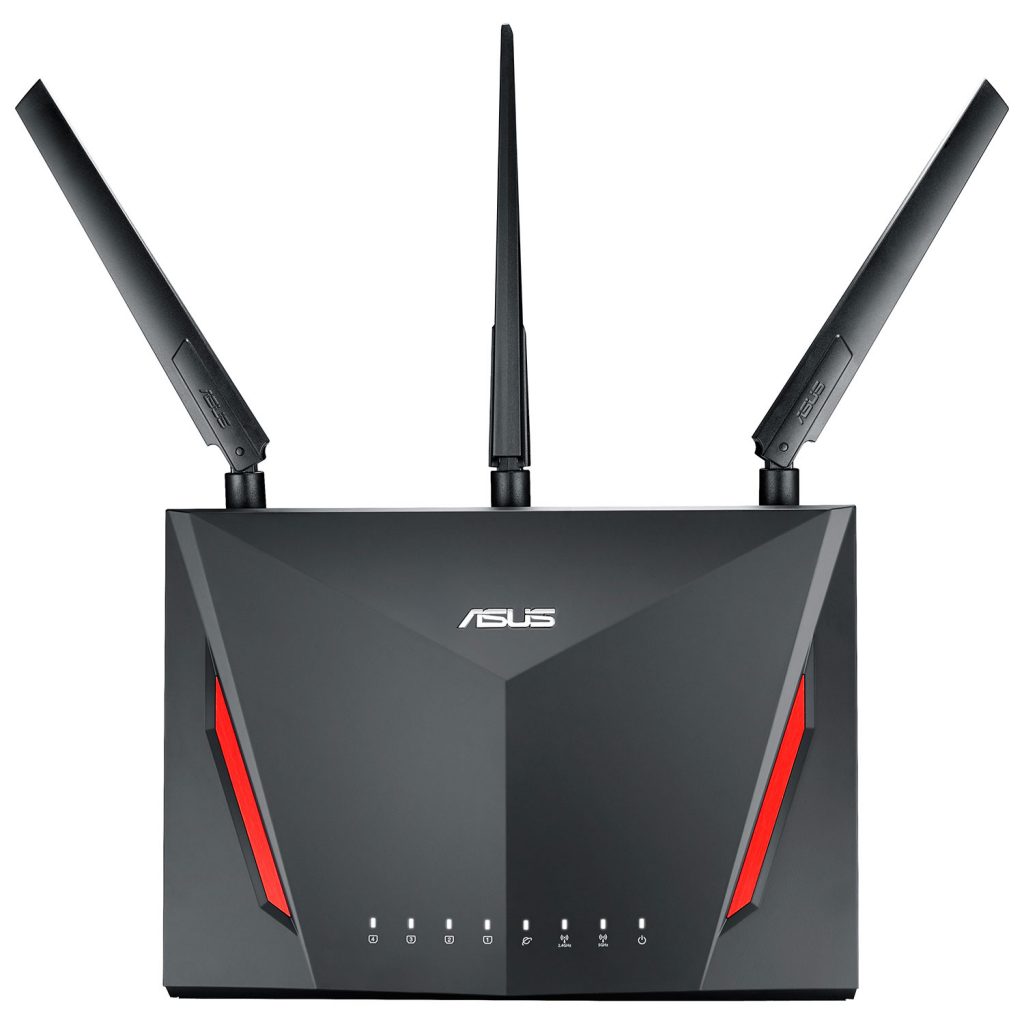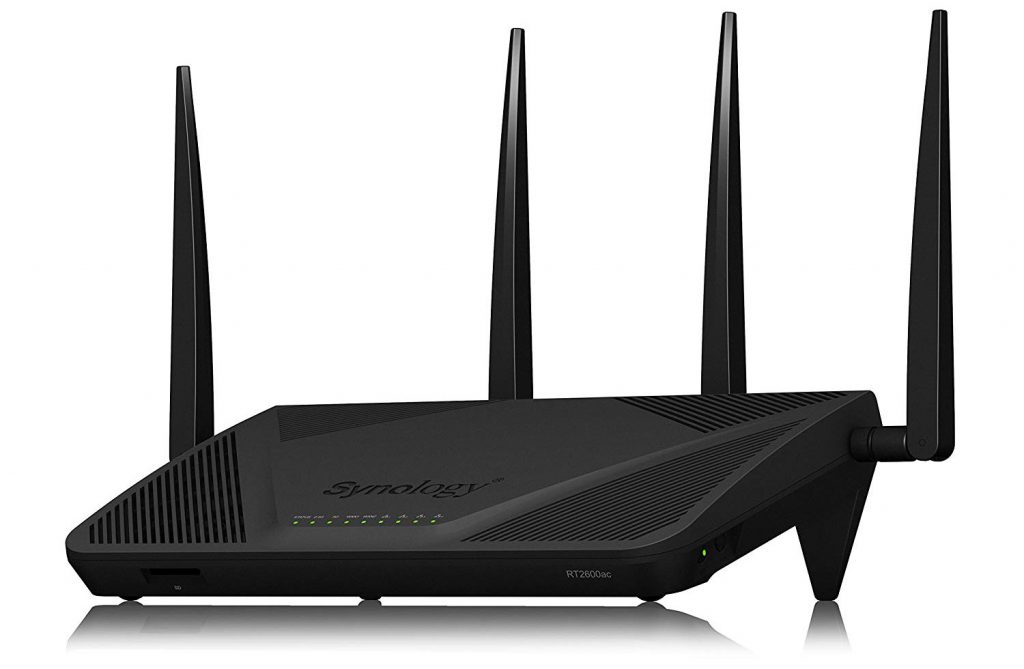If you’ve ever had videos on YouTube or Netflix stutter or even stop, there’s a chance that it wasn’t a technical snag. Rather, your ISP could be throttling your download speeds.
Even as Wi-Fi and broadband technology advances, it’s not uncommon to see reports that video streaming performance has been dropping dramatically for months on end on carriers like Verizon and Comcast.
Since Netflix, YouTube, and Hulu are notorious for sucking up bandwidth, ISPs are getting aggressive with throttling video streaming. Actions that were taken to slow down peer-to-peer file sharing via BitTorrent are now being taken on video sites and services.
During these periods of less than adequate streaming performance, there’s usually an ISP that bucks the trend. In one case, the only ISP that had improved video streaming speeds while others throttled was Google Fiber. The other major ISPs had revealed their lacking infrastructure and stingy nature once again, and the trend didn’t reverse itself anytime soon.

Why ISPs Throttle
So, why do ISPs throttle in the first place? The best analogy is that of a traffic jam. Too many users want high-quality video in the same locations, causing congestion and therefore slower speeds.
So, if you want video streaming without pauses and munching on popcorn while waiting for the buffer bar to grow at a snail’s pace, you’ll need to think differently than your neighbors.
ISPs target specific websites and apps when setting the peak download speeds for users. A study found that YouTube is generally throttled the most, and Vimeo is throttled the least.
The speed you get can also depend on the relationship the ISP has with the website or app you’re using. Another study found that AT&T targeted Netflix and YouTube for throttling but Amazon’s Prime Video ran at the best possible speeds.

How to Run Tests and Troubleshoot
Researchers have used an app called Wehe to collect data for their studies and so can you.
Wehe measures the speed of apps of your choice such as YouTube and Netflix and compares them with other apps on your phone. After tests are complete with a particular app, Wehe displays the “app throughput” and “non-app throughput.” If the download speed is notably faster when you use other apps it indicates that your ISP has targeted the app for throttling.
Popular apps to run tests on include YouTube, Vimeo, Amazon Video, Netflix, and Spotify. Since short-form video is so popular on social media you may also want to test Facebook, Instagram, TikTok, and others.
It’s important to keep in mind that just because an app is underperforming doesn’t mean it’s entirely due to throttling. A CNET article provided insight from the ISPs’ perspective:
“We offer customers choice, including speeds and features to manage their data,” AT&T spokesman Jim Greer said in an emailed statement. “This [Wehe] app fails to account for a user’s choice of settings or plan that may affect speeds. We’ve previously been in contact with the app developers to discuss how they can improve their app’s performance.”
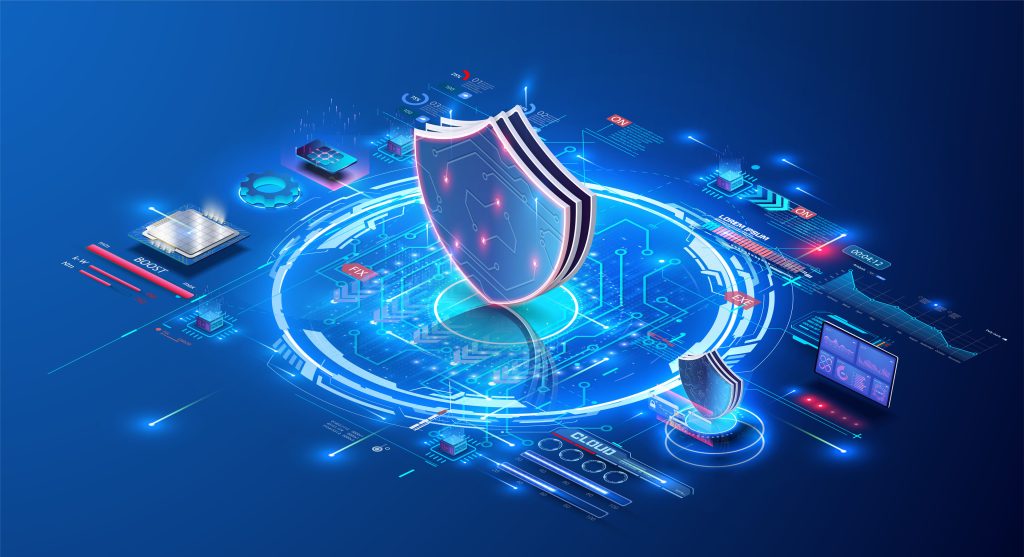
VPNs to the Rescue
Luckily there is a way around throttling by using a virtual private network (VPN). Since congestion is usually a local phenomenon, replacing your IP address with one associated with a different location is an effective fix.
Ars Technica did a piece explaining how VPNs allow savvy users to find better roads to travel on:
[…] a VPN may route your traffic away from congested servers and links that would normally serve up video to your home. Netflix and YouTube store video caches in many locations, and data can take multiple paths to its final destination.
“Imagine you’re in the US and that you are on a carrier that existed in multiple states and time zones, you can VPN to the West Coast from the East Coast and end up getting the idle servers that are there, just sitting and waiting for people to get out of school and off work and so on,” Bowman said.

Choosing the Right VPN
So now you know why a VPN works, let’s look at what you’ll need to look at when choosing a VPN, shall we?
Using a VPN for this purpose is like taking a toll road. It’s the best route, free of annoying congestion, but you also need to pay to play.
Due to the demanding requirements of video streaming not just any VPN will do, or more specifically any free solution will inevitably lead to frustrating, slow performance, defeating the purpose of using a VPN in the first place.
Currently, my three favorite high-performance VPNs for video streaming are the following:
A VPN is well worth it if you rely on Netflix, YouTube, Hulu, and other streaming services as your main sources of entertainment. It beats paying for a premium internet package that goes beyond what you need.

Conclusion
Despite the long-standing net neutrality movement, the reality is that throttling is here to stay. Your favorite app might perform worse simply because the company that owns it is viewed as a competitor by the ISP.
Popular apps that use up the most bandwidth such as YouTube are commonly targeted by ISPs in an attempt to give the best experience to the most users during peak hours. Ideally, that is how throttling should be used but in practice, ISPs do what gives them a business advantage as well.
The good news is you can use a VPN to bypass throttling if subscribers in a specific location are being targeted. You can change your IP address, test, and see if this change brings better results.
Photo: Rovanato

